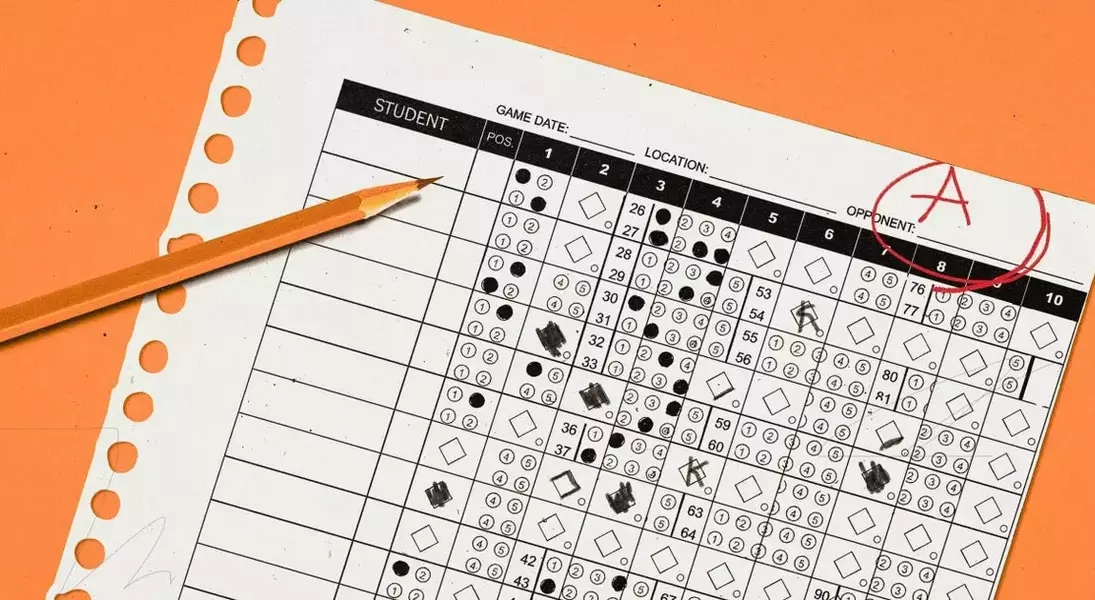In a world where professional athletes often face unique challenges, baseball families must grapple with balancing education and family life. This article explores how Major League Baseball players manage their children's schooling while pursuing their careers, highlighting innovative solutions and personal sacrifices.
Discover How Baseball Families Overcome Educational Hurdles
The Role of Support Systems in Professional Sports
In 2022, as veteran pitcher Zack Greinke entered his late thirties, he sought to cherish every moment of his career. With three children in tow, Greinke faced a dilemma familiar to many professional athletes: how to ensure quality education for his kids amidst a demanding schedule. Fortunately, Greinke found an ally in teammate Daniel Lynch’s wife, Millie, a former educator. Her expertise allowed the Greinkes to adopt a personalized curriculum that maintained academic rigor while keeping the family together. Such support systems exemplify the ingenuity required to navigate the complexities of professional sports life.The integration of educational professionals into the lives of baseball families highlights a growing trend. By leveraging specialized knowledge, these families can tailor learning experiences to fit their unique circumstances. Millie Lynch’s involvement not only eased the transition from traditional schooling but also set a precedent for other families facing similar challenges.Summer Reprieve and Geographic Proximity
As the calendar turns to June, many baseball families breathe a sigh of relief. The summer months offer a brief reprieve from the rigors of coordinating school schedules with a player's itinerant lifestyle. For instance, Nationals pitcher Derek Law benefits from living relatively close to his children’s school in Pittsburgh. This proximity allows him to maintain frequent contact with his family despite the demands of the season. His wife, Brittany, skillfully orchestrates weekend visits, ensuring both academic continuity and familial bonds.However, geographic convenience is not always an option. Players stationed far from home must devise alternative strategies to remain connected. These arrangements underscore the importance of flexibility and adaptability in managing the delicate balance between career and family life. Whether through virtual communication or structured visitation plans, each family crafts its own solution to this universal challenge.Hybrid Learning Models and Parental Involvement
Some families opt for hybrid models, combining traditional schooling with homeschooling to address specific needs. Dodgers pitcher Chris Stratton exemplifies this approach, enrolling his children in public schools during the offseason before transitioning to homeschooling once spring training concludes. His wife, Martha Kate, assumes the role of educator, maintaining regular contact with school officials to ensure seamless academic progress. This method offers both structure and personalization, catering to the diverse demands of a professional athlete’s schedule.Such hybrid models reflect broader trends in modern education, emphasizing parental involvement and customized learning paths. As children grow older, the complexity of managing their education increases. Stratton anticipates incorporating additional support, such as hiring a nanny, to accommodate expanding extracurricular activities. Despite these challenges, he remains committed to preserving the public school experience, valuing its community-oriented benefits.Navigating Transitions and Uncertainty
For families frequently relocating due to contractual changes, navigating school transitions poses significant hurdles. Veteran Drew Pomeranz notes the increasing difficulty of securing placements in new schools mid-year. This unpredictability adds layers of stress to already challenging circumstances. Similarly, Royals pitcher Seth Lugo recounts the arduous process of transferring credits between institutions in different states.Uncertainty extends beyond geographical moves, encompassing playoff appearances that extend the season into fall months. Last year, Orioles pitcher John Means postponed his son’s preschool start until November, adjusting timelines based on potential playoff participation. Schools accustomed to accommodating baseball families, like those in the Kansas City area, facilitate smoother transitions by offering flexible enrollment options. These adaptations highlight the mutual understanding required between educational institutions and professional athletes.Personalized Approaches and Long-Term Planning
National interest in alternative education methods has inspired several players to pursue homeschooling full-time. Nationals pitcher Trevor Williams embodies this shift, dedicating mornings to teaching his eldest son before games. Supported by his wife, Jackie, they employ a blend of curricula tailored to their child’s needs. During the offseason, they engage in co-ops with other homeschooling families, fostering social interactions essential for balanced development.This personalized approach resonates with others, including Reds outfielder Austin Hays, who plans to continue homeschooling throughout his active career. Such decisions prioritize immediate family unity over conventional schooling, recognizing the transient nature of professional sports careers. Long-term planning ensures a smooth transition back to traditional education when appropriate, reflecting thoughtful consideration of both present and future needs.Recognition and Appreciation for Supporting Roles
Behind every successful athlete lies a dedicated partner managing the intricacies of family logistics. Outfielder Travis Jankowski acknowledges the invaluable contributions of his wife, Lindsey, who juggles roles as mother and teacher. Their collaborative decision-making empowers their children to choose between traditional schooling and homeschooling, prioritizing individual preferences and well-being.This acknowledgment extends gratitude to all partners navigating the complexities of professional sports life. Their efforts transform what might seem glamorous from afar into sustainable realities grounded in practicality and love. Through shared sacrifices and innovative strategies, baseball families continue to thrive, setting examples for others in similar situations worldwide.
